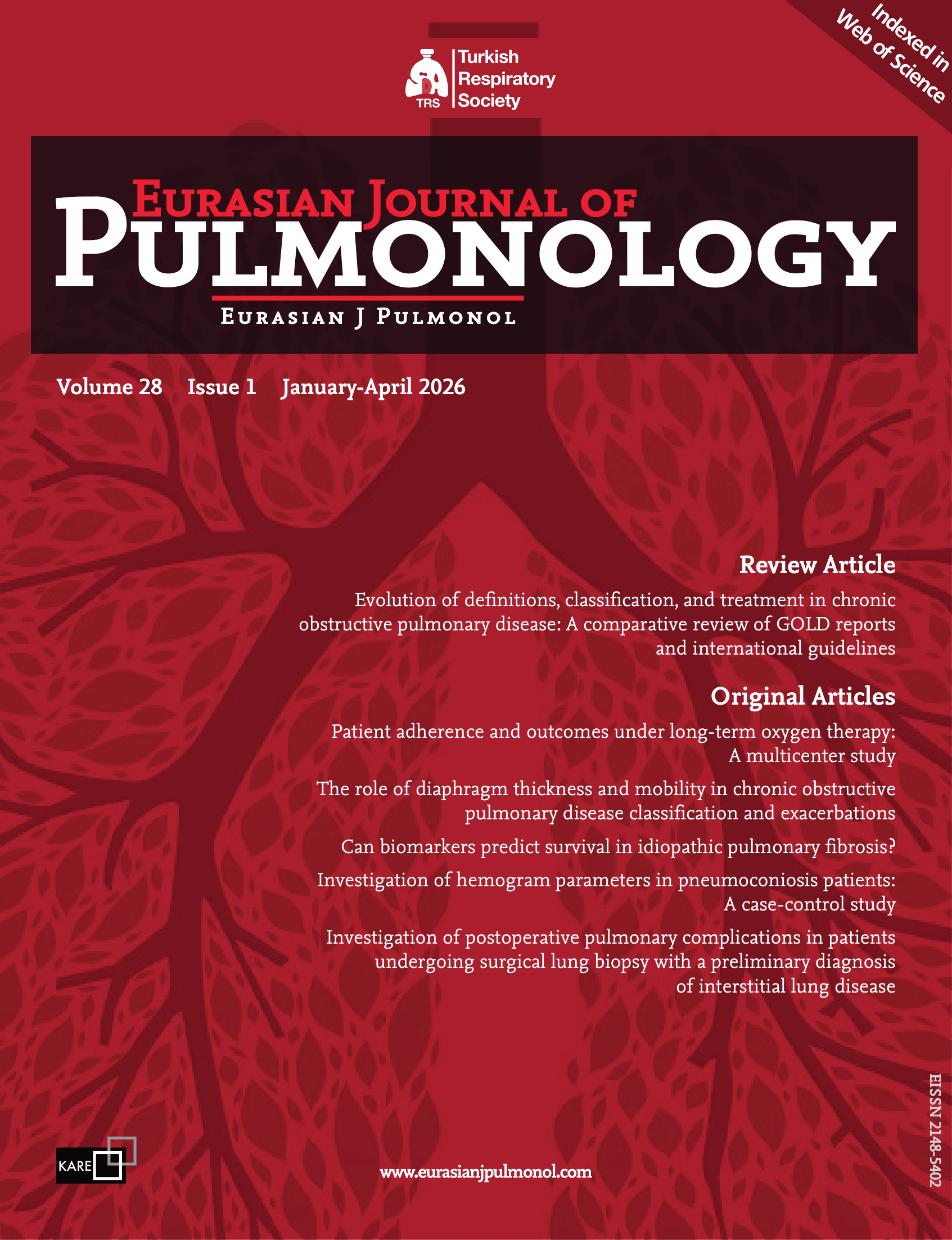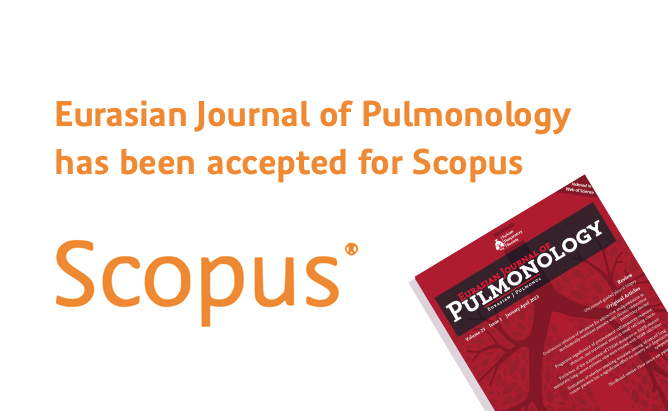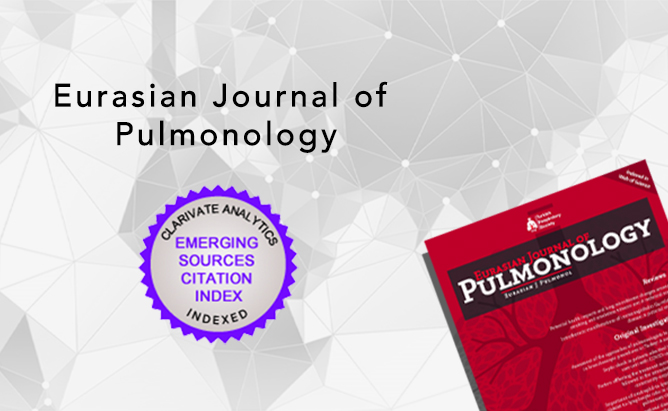2Department of Physical Therapy and Rehabilitation, Gazi University, Faculty of Health Sciences, Ankara, Türkiye
3Department of Pulmonology, Gazi University, Faculty of Medicine, Ankara, Türkiye
Abstract
Background and Aim: Hypoxia, dyspnea, and respiratory function abnormalities occur in patients after COVID-19 due to pulmonary involvement. In addition, abnormalities in skeletal and respiratory muscles impair exercise capacity. This study aimed to compare exercise capacity, respiratory and peripheral muscle strength, pulmonary function, muscle oxygenation, and dyspnea with mild and moderate functionally limited patients with post-COVID-19 syndrome.
Methods: According to the Post-COVID-19 Functional Status Scale (PCFS) score 2 mild (n=15) and PCFS score 3 (n=20), moderate functionally limited patients with post-COVID-19 syndrome were included. Respiratory muscle strength (mouth pressure device), exercise capacity (six-minute walk test (6-MWT)), pulmonary function (spirometry), peripheral muscle strength (dynamometer), muscle oxygenation (Moxy® device) dyspnea during daily living activity (London Chest Activity of Daily Living Scale (LCADL)) were evaluated.
Results: Moderate functionally limited patients had statistically lower maximal inspiratory and expiratory pressures, 6-MWT distance, and pulmonary function parameters (peak expiratory flow, forced expiratory flow 25-75%) compared to mild functionally limited post-COVID-19 patients. (p<0.05). Muscle oxygen saturation, quadriceps femoris muscle strength, LCADL total, and all sub-parameters scores were similar in groups (p>0.05).
Conclusions: Patients with post-COVID-19 syndrome with moderate functionally limited have less respiratory muscle strength, exercise capacity, and more exertional dyspnea and airway obstruction than those with mild functionally limited post-COVID-19 patients. The effects on muscle oxygenation, lower extremity muscle strength, and dyspnea during activities of daily living are similar. Decreased exercise capacity and dyspnea in patients with moderate functionally limited may be associated with decreased respiratory muscle strength. Patients with post-COVID-19 syndrome should be evaluated according to their functional status, and exercise should be planned according to their limitations.




 Başak Kavalcı Kol1
Başak Kavalcı Kol1 




